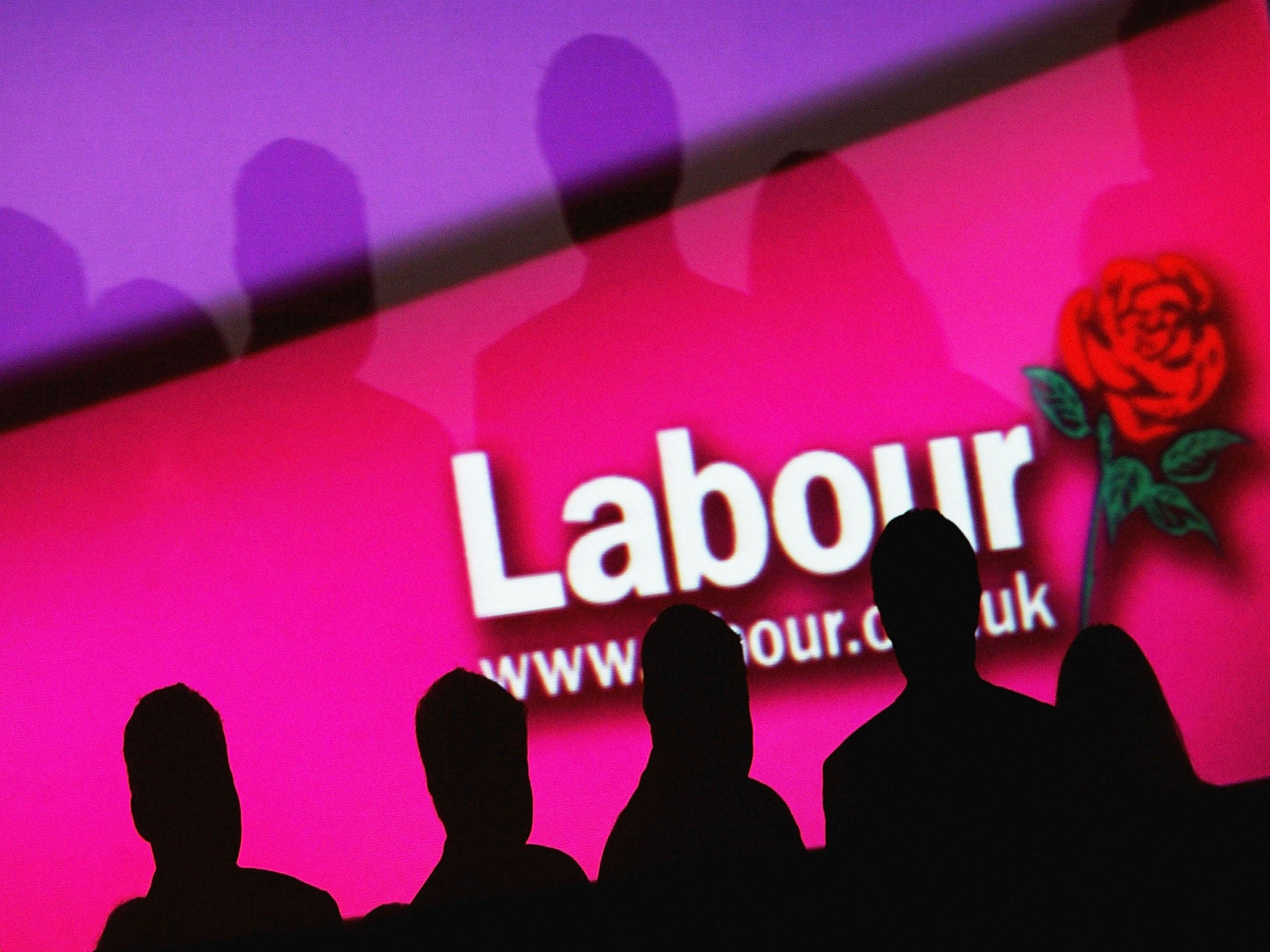Labour Party set to lay off staff and sell property because of funding cuts following Government's Trade Union Bill
About 10 per cent of union members are expected to opt to pay the levy

Your support helps us to tell the story
From reproductive rights to climate change to Big Tech, The Independent is on the ground when the story is developing. Whether it's investigating the financials of Elon Musk's pro-Trump PAC or producing our latest documentary, 'The A Word', which shines a light on the American women fighting for reproductive rights, we know how important it is to parse out the facts from the messaging.
At such a critical moment in US history, we need reporters on the ground. Your donation allows us to keep sending journalists to speak to both sides of the story.
The Independent is trusted by Americans across the entire political spectrum. And unlike many other quality news outlets, we choose not to lock Americans out of our reporting and analysis with paywalls. We believe quality journalism should be available to everyone, paid for by those who can afford it.
Your support makes all the difference.Labour expects to be forced to lay off party staff and sell property because the Government’s Trade Union Bill could see its funding cut by £6m a year, according to an internal party document.
The Bill, which will be debated in the House of Lords on Monday, includes a provision requiring union members to agree in writing every five years to contribute to the union’s political levy. Currently members automatically pay into the levy, but can opt out if they wish.
A confidential Labour document seen by the Guardian says the effect on the party would be significant.
“The party could not absorb a loss of £5-6m and maintain its current structure. With an annual salary cost in excess of over 50 per cent of total costs, it is clear that current staffing levels could not be sustained,” it says.
“In addition to a staffing review, all contracts would need to be challenged to remove any discretionary costs and offices considered for sale or sublet.”
The document says about 10 per cent of union members are expected to opt to pay the levy.
The Government is also considering cutting the amount of public money given to political party, which would mean Labour loses another £1.3m a year.
Lord Collins, a former Labour general secretary, told the Guardian that the change to the way unions are allowed to fund political parties was “entirely partisan”.
He said it would “hit the income of the party and union political funds very hard”.
“No balancing measure is being taken to cap the donations of the Conservative party,” Lord Collins added.
Just under five million union members paid the political levy in 2013, of which 3.7 million people were in unions affiliated to the Labour party.
The average payment was £6, creating a total of £22m in the political fund of unions affiliated to Labour.
The loss of £6m a year would be slightly lower than a previous estimate by Sir Paul Kenny, the outgoing GMB general secretary.
He told The Independent on Sunday that Labour would lose £40m over the course of a five-year parliament, plunging the party into a “financial crisis”.
Baroness Neville-Rolfe, a junior business minister, has said the Trade Union Bill is designed to introduce “a greater level of transparency into union activities by requiring union members to make an active decision to contribute to a union’s political fund”.
“If union members want a political fund they are perfectly free to contribute to one, so, this will not necessarily lead to a reduction in the funds available,” she said.
Join our commenting forum
Join thought-provoking conversations, follow other Independent readers and see their replies
Comments